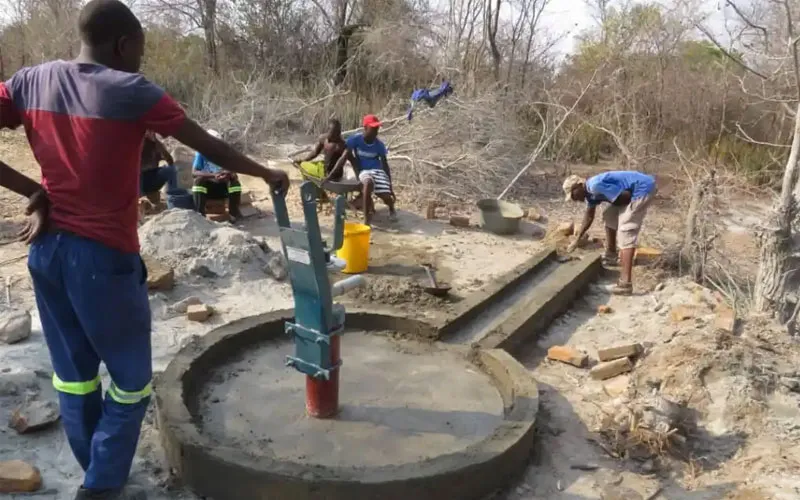Masvingo, 17 April, 2022 / 9:00 pm (ACI Africa).
Officials of Caritas Zimbabwe’s Catholic Dioceses are advocating for “proper capacity building” of those involved in implementing projects in the Southern African nation amid “general donor-fatigue amongst our donors”.
In a Sunday, April 10 report, officials of the development and humanitarian arm of the Zimbabwe Catholic Bishops’ Conference (ZCBC) say empowering members of local communities with skills in project implementation would facilitate the running of “small projects” in Dioceses.
“Once the donors withdraw, it would be difficult to continue new projects because of lack of resources and technical know-how,” the Vicar General of Zimbabwe’s Masvingo Diocese who doubles as Ex-officio of Caritas Masvingo has been quoted as saying.
In the report, Fr. Walter Nyatsanza says, “If people are well resourced and capacitated, they will make sure that the project continues but what is lacking during implementation is proper capacity building.”
Fr. Nyatsanza further says that there is need to build up local resources that will complement donations due to the increasing levels of donor fatigue.








